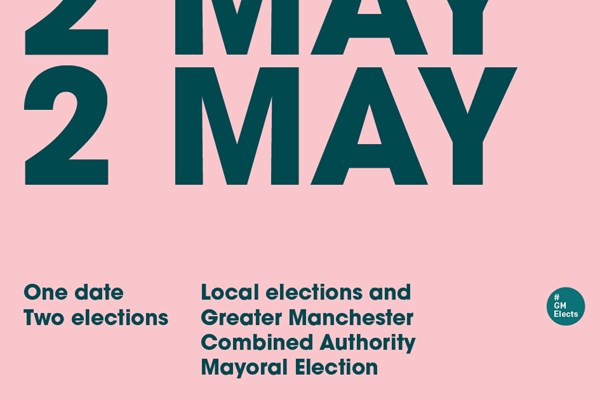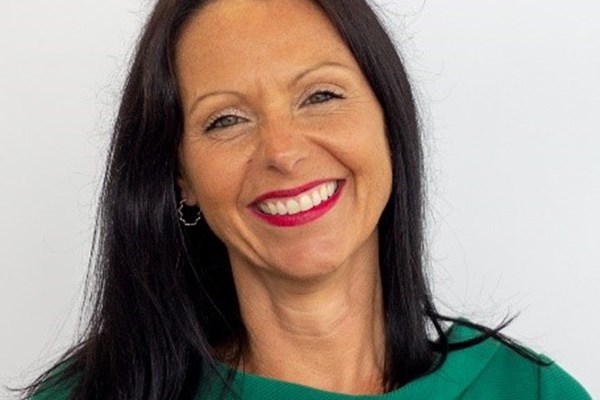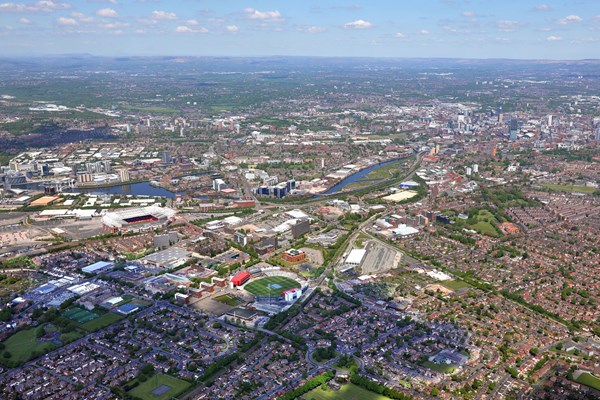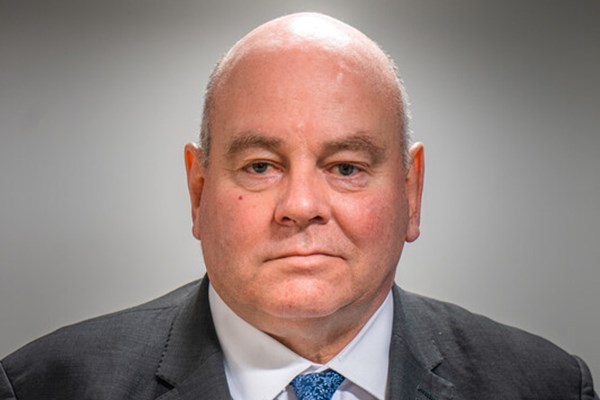
Youngsters have their say on Greater Manchester’s resilience plans
16/11/2018
SOME of Greater Manchester’s youngest citizens got the chance to have their views heard as part of the work to develop the city-region’s Resilience Strategy.
The Greater Manchester Resilience Strategy will look at both the shocks, such as fire and flooding, and the stresses, including community cohesion, health inequality and ageing infrastructure, that we face in the city-region and how we can address them.
Greater Manchester is partnering with 100 Resilience Cities – Pioneered by the Rockefeller Foundation (100RC) to develop the city-region’s first holistic Resilience Strategy. A roadmap for addressing the city-region’s most pressing and interconnected challenges.
The Resilience Strategy is a companion document to the Greater Manchester Strategy and is set for release in early 2019.
Last week at Manchester’s historic Portico Library pupils from two schools, Cedar Mount Academy, Gorton, and Moorlands Junior School, Sale, got the chance to give a presentation, showing the results of recently held workshops looking at resilience, especially in relation to the environment and the natural world.
The children presented to the audience, as well as the Mayor of Greater Manchester Andy Burnham, some of their views on the environment, including how they want more trees to be planted in the city-region and for us all to do our bit to protect the planet.
They also got the chance to ask questions of the Mayor about the environment, including what is being done to make public transport cheaper and how we are reducing our use of single-use plastic.
This was followed by a public question and answer session facilitated by Greater Manchester’s Chief Resilience Officer Kathy Oldham and with panellists including The Mayor, Simon Curtis Head of Production at the Royal Exchange Theatre and Chair of Manchester Arts Sustainability Team; Mark Atherton, GMCA Director of Environment and Dr Jeremey Carter, University of Manchester’s Co-Director for Urban Resilience and Energy.
The panel was asked about how we can get more people cycling in Greater Manchester, plans to reduce use of private cars and how children could get involved in ecology through the arts.
The event is part of the work to engage the public in the Resilience Strategy, and was looking to hear the views of young people and to help the strategy reflect the concerns of all our citizens. The views given at the event will now be fed into the Resilience Strategy.
Mayor of Greater Manchester, Andy Burnham said: “It was great to hear the views of some of the students from the two schools. They asked some really incisive probing questions and weren’t afraid to speak their minds.
“They had some really good points to make and they will now be taken into account as we put this plan together. We want to get everyone’s views, and those of our young people are especially important. Plans like these are important to all of us, but especially children, as they will impact on their lives for far longer.
“Last week we were focusing on the environment and it was encouraging to see how much the planet means to them. On the back of this I extended an invitation to both schools to come to our Green Summit next year and I hope they attend so they get an audience of people with people who can make a real difference.”
The strategy is about building resilience into everything we do and aims to use resilient growth as well as global connections and dependencies to protect our wellbeing and economy. It will allow us to make the right investment to ensure we are resilient in the face of disruption or transition.
Greater Manchester’s Chief Resilience Officer, Kathy Oldham, said: “The Resilience Strategy is a really important plan that will help us to protect ourselves and ensure the city-region thrives no matter what the situation.
“Natural events like this summer’s moorland fires and the Boxing Day floods in 2015 highlight exactly why we need to be resilient as events like these have the potential to knock us off track as we try and achieve our ambitions.
“The plan was always intended to be inclusive and I was pleased to get so many people’s input into it at the Portico Library.”
Lina Liakou, 100RC Managing Director for Europe and the Middle East, said: “The development process of the Resilience Strategy presents a unique opportunity of co-creation with the citizens and various groups across Greater Manchester. Ultimately, the strategy will help Greater Manchester understand how best to tackle their present and future challenges together with communities, local partners and a global network.”
Notes to Editor
The event was funded by the Zochonis Trust with support from the Rockefeller Foundation’s 100 Resilient Cities.
100 Resilient Cities – pioneered by The Rockefeller Foundation helps cities around the world become more resilient to social, economic and physical challenges that are a growing part of the 21st century.
In March 2018, Greater Manchester brought together businesses, academics and local people together to put forward their ideas to become one of Greater Manchester one of Europe’s leading green city regions. The next Green Summit is taking place in March 2019.
Article Published: 14/12/2018 14:40 PM



